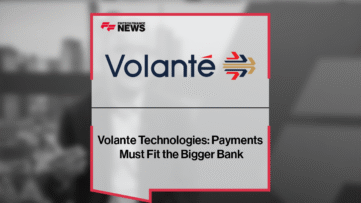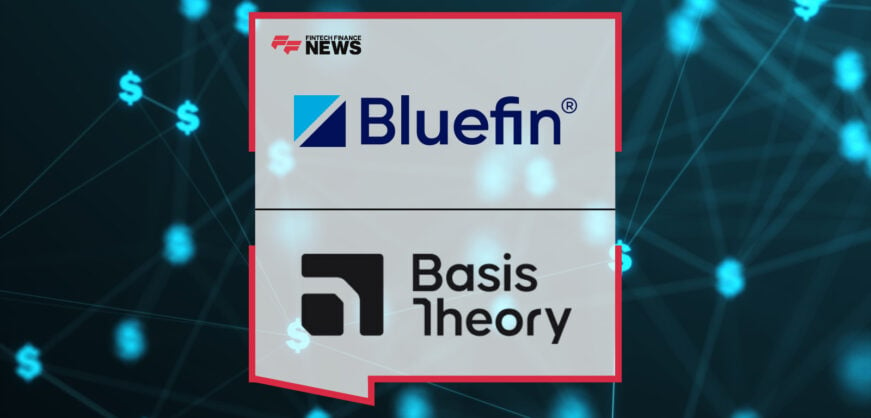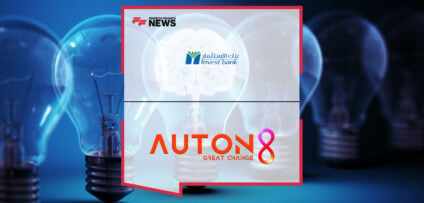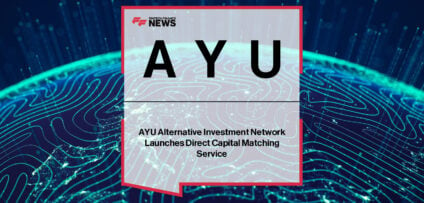Breaking News
Emerging Market Opportunities: The Next Billion Customers | Freemarket, Fincra and Axiym | FF Virtual Arena #358
In a recent FF Virtual Arena session Freemarket, Fincra and Axiym unpacked why emerging markets are becoming the centre of gravity for payments and cross-border finance:
- Nick Miles, Head of Relationship Management at Freemarket
- Malaika “MK” Ademola-Majekodunmi, VP Global Payment Systems at Fincra
- Khibar Rassul, Co-founder and CEO at Axiym
Together they explore growth in Africa, LATAM and Asia, the realities of cross-border infrastructure, and what it really takes to operate sustainably in these markets.
At the heart of the story is demand and Ademola-Majekodunmi highlighted Africa’s demographic advantage: roughly 1.4 billion people, with about 70% under 30. This young, mobile-first population lives and transacts online, driving constant need for payments, remittances and commerce solutions and points to three powerful layers of flow:
- Growing global demand for African goods, including a trillion-dollar trade relationship with Asia.
- Massive inbound remittances from diaspora communities supporting family and investments back home.
- Increasing intra-African trade and remittances, as businesses and individuals transact across borders within the continent.
Rassul framed emerging markets as entering a globalised economy with something close to a clean slate. Unlike mature markets that are constrained by decades-old systems and habits, many operators in these regions can assemble modern stacks from day one: real-time rails, API-driven providers, stablecoins and virtual accounts. That lack of legacy baggage is a significant competitive advantage.
Miles positioned Freemarket as the neutral infrastructure layer that connects these specialists to harder-to-reach currencies and corridors. Fincra and Axiym bring deep local and product expertise; Freemarket provides banking rails and network access. For the end-user, the only thing that matters is that funds arrive quickly, safely and at a fair cost.
On financial inclusion, the panel agreed that mobile-first apps are only the visible tip of the iceberg. Rassul stressed that adoption hinges on reliable back-end infrastructure. If the underlying rails are weak, people simply won’t trust digital services, regardless of how polished the interface is. The real inclusion story is plumbing, not just UX.
Cross-border payments and stablecoins were presented as key enablers of the “next trillion” in flows. Ademola-Majekodunmi described how Fincra has repositioned itself as cross-border infrastructure, aiming to integrate Africa both internally and with the rest of the world. She noted how legacy correspondent banking – for example, strict transaction caps and multi-day SWIFT processes – often fails to match modern trade needs. Stablecoins and newer rails, used within a compliance framework, provide faster and more predictable alternatives.
Miles reminded the audience that cross-border money rarely “moves” in a physical sense; instead, balances are updated across ledgers and institutions. Freemarket’s role is to connect those systems, ensuring liquidity and settlement work in practice. Rassul added that FX is the often-forgotten half of cross-border: every corridor involves currency risk, and unmanaged volatility can destroy margins. Axiym focuses on making FX predictable and controllable rather than an afterthought.
On barriers to entry, the group pushed back on the idea that regulation is the main villain. Miles and Ademola-Majekodunmi both stressed that a compliance-first culture is essential for long-term access to partners and markets. Rassul argued that proper licensing frequently reduces perceived risk and opens doors, while the real constraints often come from individual banks’ risk appetites rather than the regulations themselves.
When discussing why firms fail, three themes emerged: lack of redundancy (over-reliance on a single bank or rail), underinvestment in compliance, and neglect of the human side. In a business where partners literally hold each other’s money, trust, communication and long-term relationships are non-negotiable.
Finally, the panel agreed that technology is an enabler, not the headline act. Stablecoins, AI, virtual IBANs and modern treasury tools matter, but only when combined with strong compliance, thoughtful FX and liquidity management, and trusted local partnerships.
- Bluefin and Basis Theory Partner to Enable Unified Tokenization Across Digital and In-Person Payments Read more
- Invest Bank and AUTON8 Build Partnership to Drive Digital Resilience and Banking Agility Read more
- ING’s AI Roadmap: Platform, People, and Agentic AI Read more
- UK-fintech Provided Over £17.5m in Emergency Wage Advances to More Than 55,000 Employees in the Last Year Read more
- TreviPay Announces AI-Powered Growth Center to Help Enterprises Predict Buyer Behavior and Drive B2B Sales Read more






















